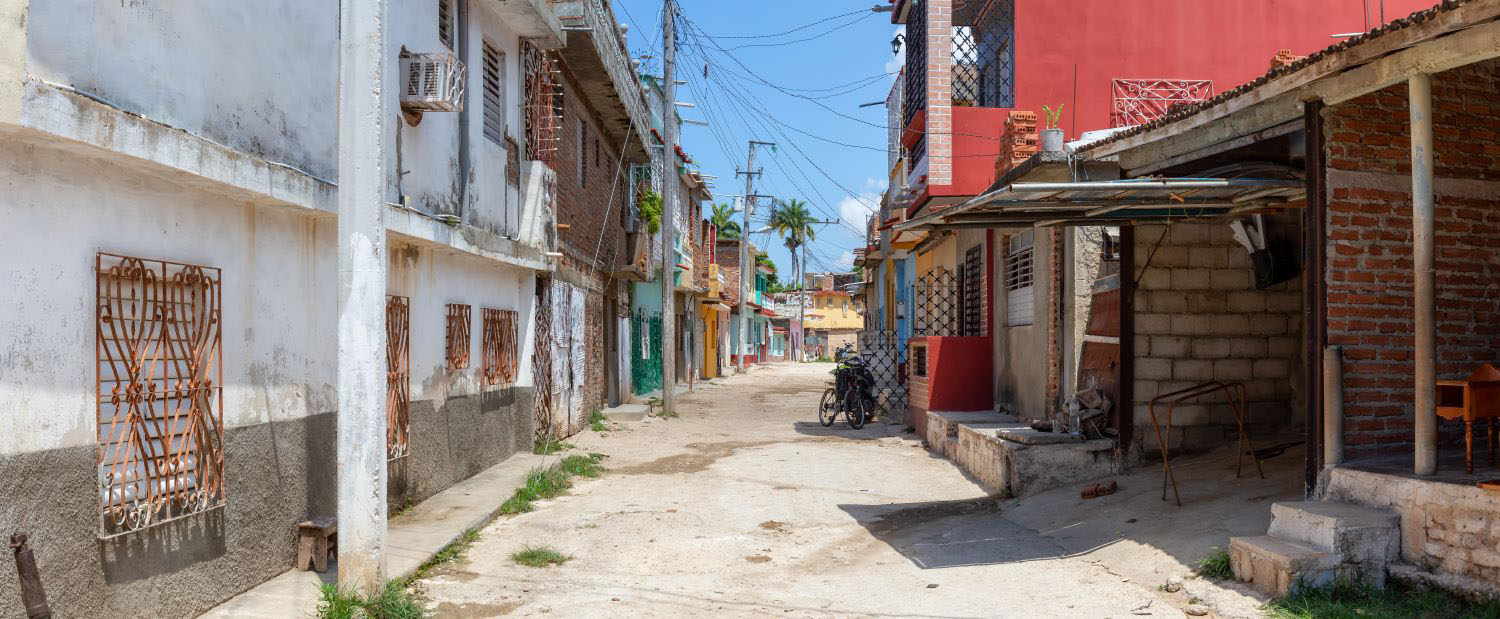The news of the coup in Mali yesterday is a shock to those of us who have worked on this beautiful and amazing country. It is a tragedy for Malians, who have worked so hard to build what had been, until a few days ago, a shining model of democracy and economic progress. It is a sad day for the rest of the world, too, as I explain in this UN Dispatch podcast.I got to meet President Amadou Toumani Toure, popularly known as ATT, several times during my stint in the State Department and at Toure’s 2006 visit to CGD. I was deeply impressed with his dedication and success in putting Mali on the path toward progress. He was due to retire in June, following elections next month in which he had chosen not to compete. He was a clear frontrunner to win the Ibrahim Prize for excellence in governance.

ATT, however, seems to have badly misread his own military’s desperation in response to an escalating northern rebellion. Fuelled by returning combatants from post-Qaddafi Libya, the separatists were gaining ground while government soldiers complained about shortages of supplies and lack of support. What appeared to begin as a mutiny over conditions, spiraled into a full-blown coup on Thursday.As of writing, ATT’s whereabouts are unknown, but reports suggest he is on a military base being protected by loyal elite units. This is heartening for his safety and also suggests a quick restoration is still possible. But it also raises the prospect of a counterattack and widespread fighting for Bamako. The nightmare scenario is that order breaks down and the mutinous soldiers turn to looting. So far, they don’t seem to have any
real political platform beyond grievances about the way the conflict in the north was being fought. And if the coup makers hoped by seizing power that they would be able to turn the heat up on the rebellion, they have had
precisely the opposite effect.The international community is
unified against the coup—at least for now. The African Union in particular has been impressive in responding to coups lately. (Sadly, they’ve had a lot to deal with in West Africa over the past four years, with coups in Mauritania, Guinea, Niger, and now Mali.) I’d expect the AU, alongside the regional grouping ECOWAS, to take a lead on first isolating the mutineers and then finding a diplomatic solution in order to return to constitutional rule ASAP. Algeria, the regional power, would suffer from extended chaos in Mali and should play a constructive role behind-the-scenes. France too has major interests in a quick restoration of civilian power in Mali.The coup is also an immediate challenge to US policy in the region as well, and the American government has already begun to respond. The MCC has halted operations on its nearly-completed $460 million compact, while other non-humanitarian aid and security cooperation will be suspended
once it’s clear that a coup has definitively occurred. Regional counterterrorism cooperation will undoubtedly come under scrutiny given the close training and coordination between the US and Malian militaries. Longer-term American interests are clearly at stake as Mali was a key partner in the fight against regional poverty, illicit trafficking, and terrorism (including against an increasingly assertive
Al-Qaeda in the Islamic Maghreb). All that is now at risk—hence the urgency for a quick solution. Doubtless State and other parts of the USG are aggressively if quietly engaged.Finally, the coup has been especially jarring for one selfish reason: After three years of scribbling, last month I completed a draft of my first novel, a political thriller about… a coup in Mali and the secret diplomatic efforts to reverse it. Some of the similarities between my fictional story and reality are almost eerie (I came close to nailing word-for-word the name of the junta’s council). As a result, several colleagues have jokingly accused me of inciting the mutiny to boost book sales. I have even been compared to Sharon Stone in “Basic Instinct” where she plays an author accused of a murder that unfolds exactly as she has written in a novel. (That really stung; it is a dreadful film.)You’ll have to wait for me to find a publisher to find out what happens at the end of my novel. But back in the real world there’s only one ending that we should be willing to accept: Mali’s rapid, peaceful return to civilian rule.
CGD blog posts reflect the views of the authors, drawing on prior research and experience in their areas of expertise.
CGD is a nonpartisan, independent organization and does not take institutional positions.






